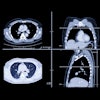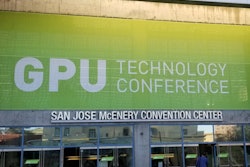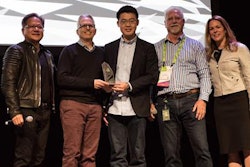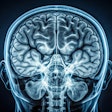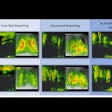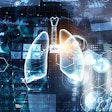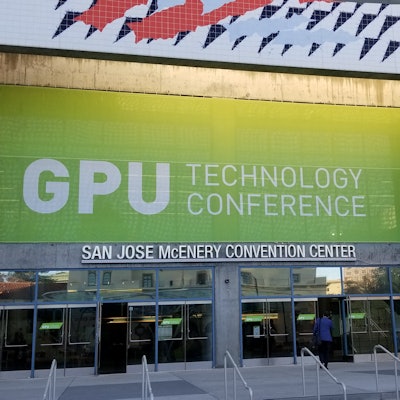
Two influential radiology groups have signed a partnership to develop artificial intelligence (AI) algorithms to better meet the clinical needs of radiologists. The American College of Radiology (ACR) and the Medical Image Computing and Computer Assisted Intervention (MICCAI) Society announced the deal at this week's NVIDIA GPU Technology Conference (GTC 2018) in San Jose, CA.
Representatives from the ACR and MICCAI were on hand at GTC 2018 and discussed their memorandum of understanding with meeting attendees. The partnership is designed to address the problem of AI algorithms being developed that do not necessarily perform the kinds of tasks most needed by radiologists, according to Wiro Niessen, PhD, president and board chair of MICCAI. Niessen is also a professor of biomedical image analysis at Erasmus University Medical Centre and Delft University of Technology in the Netherlands.
"We want AI that makes a positive impact on the daily clinical workflow in radiology," Niessen said. "We see that we need to work together to achieve that. We need to bring together the people who know what is needed with the people who can develop the algorithms."
The initial focus of the partnership will be on challenges, which have become an increasingly common platform for algorithm development in forums such as those hosted by the GTC meeting or by data science firm Kaggle. In a typical challenge, a conference organizer will state a particular problem to be solved and then solicit algorithms designed to address the problem. Winners are selected based on publicly disclosed criteria and they are frequently awarded cash prizes.
MICCAI hosts challenges of its own targeted at medical imaging applications. Under the new agreement, the ACR will convene panels of experts who will provide the clinical use cases that could be good targets for AI algorithms, according to Michael Tilkin, chief information officer at the ACR. These will be forwarded to MICCAI, which will design its challenges around the use cases -- ensuring that the algorithms are targeted at problems for which radiologists need help.
Niessen anticipates that the first MICCAI-hosted challenges with ACR input will be held next year, such as at the group's annual meeting in October 2019 in Shenzhen, China. But he also sees challenges as just the first step in an ongoing collaboration between the ACR and MICCAI to make AI more clinically useful.
"We would like to maximize the translation of these proven algorithms toward actual clinical use, so can we build an ecosystem, we can translate algorithms that are proven to perform well in challenges, and we can actually bring them faster to the market," Niessen said.



